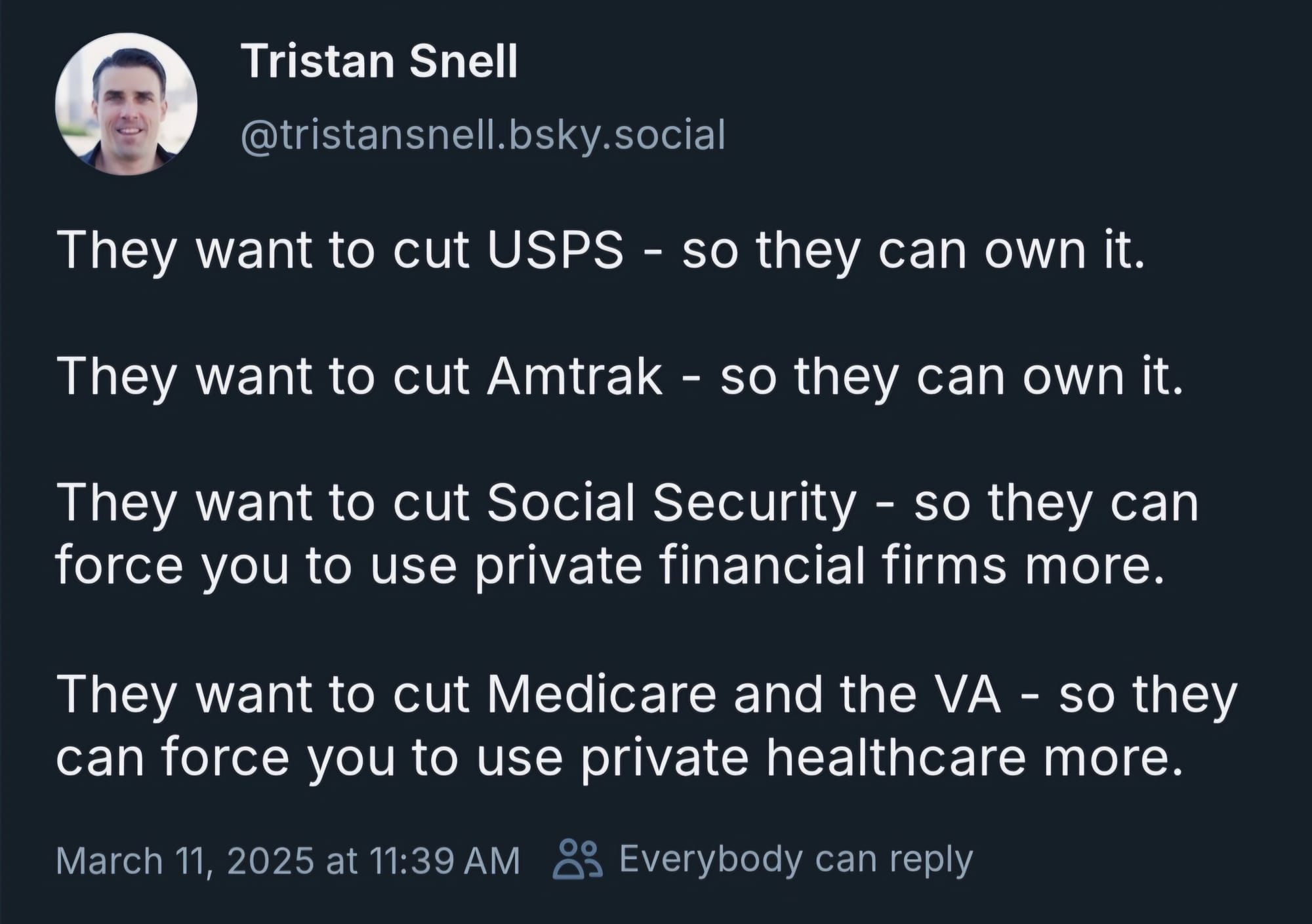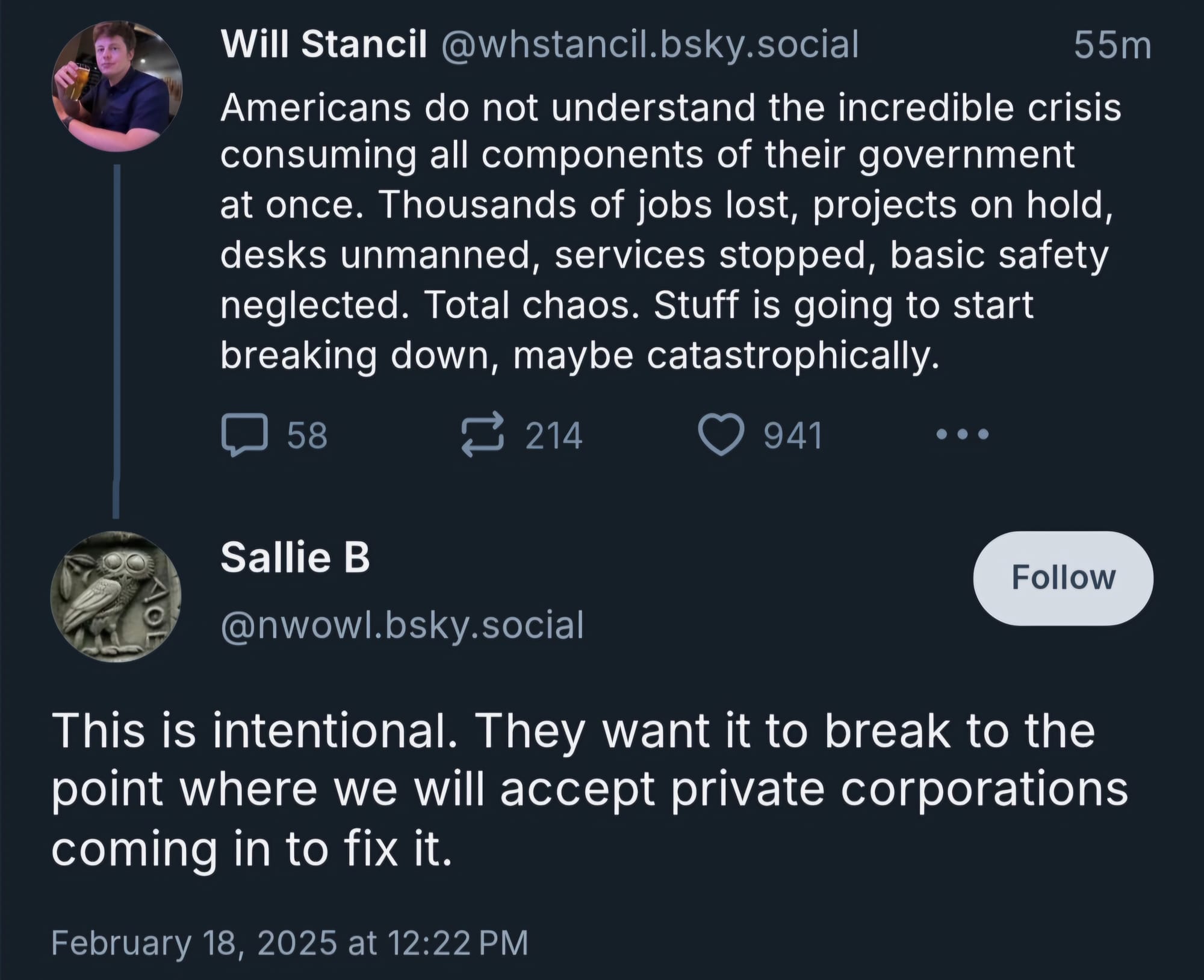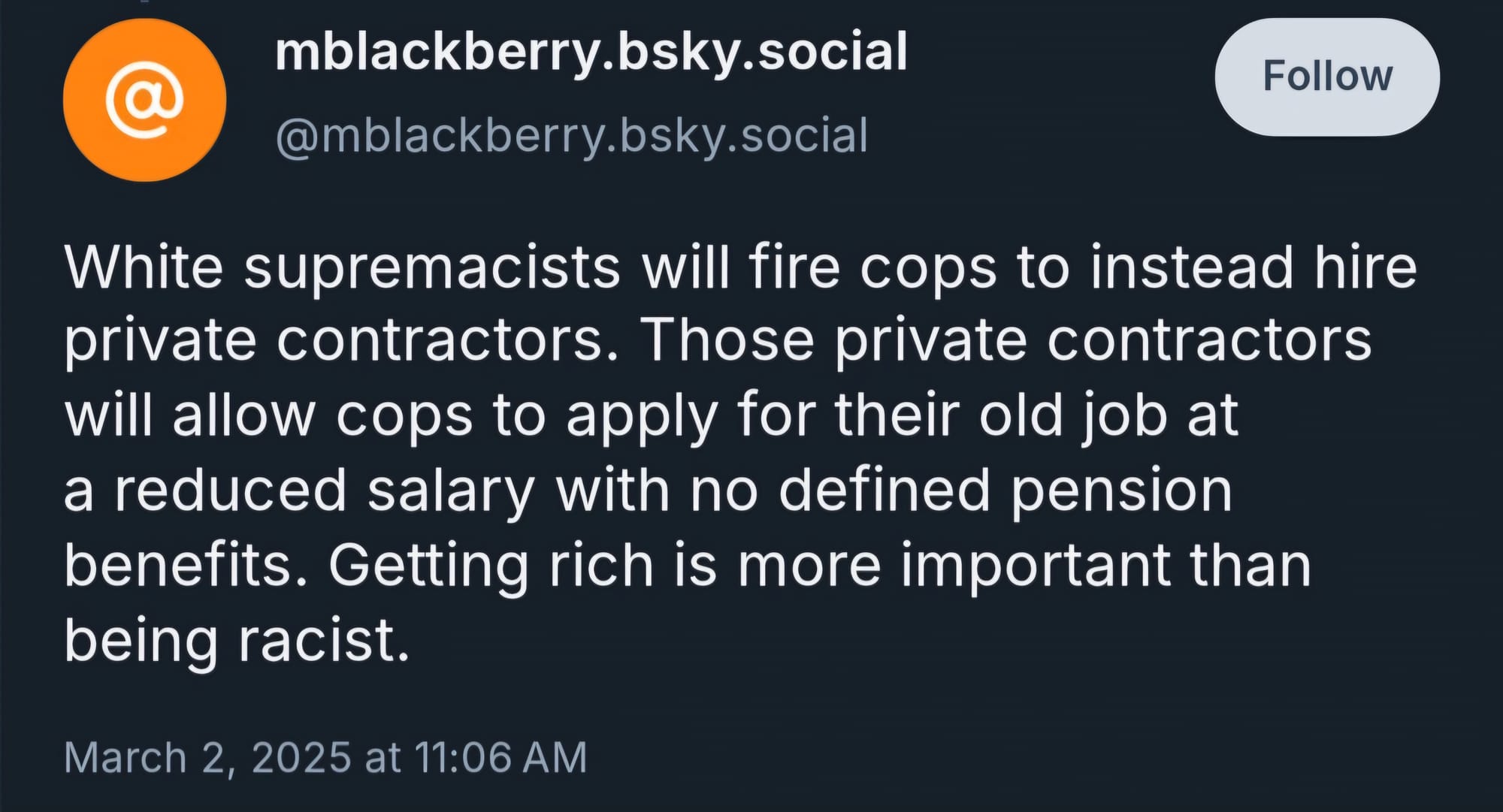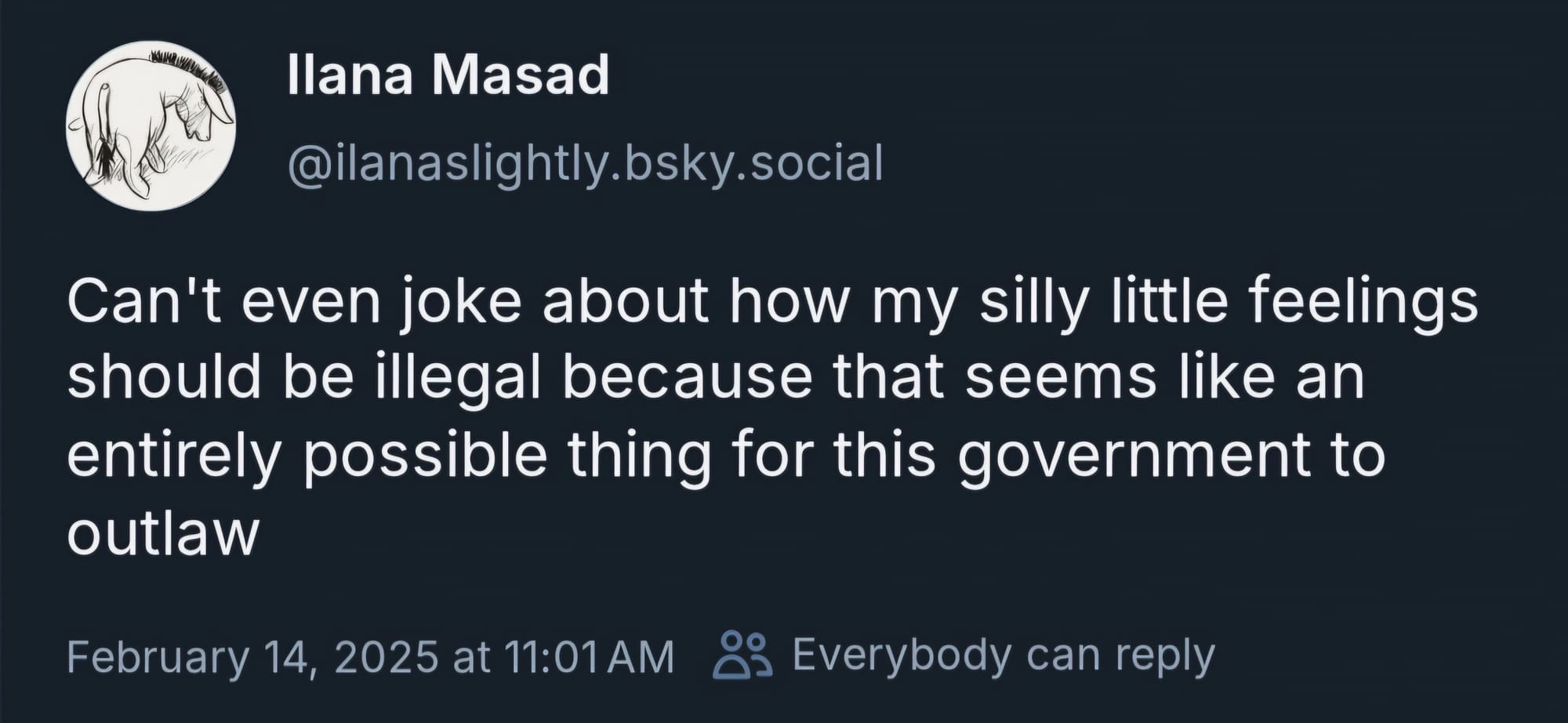Five Years After My Dystopian Fiction Was Published, I’m Afraid It Might Actually Be Coming True

By Election Day 2016 I was wiped out. It wasn’t just the endless news cycle squawking about Hillary Clinton’s emails or Donald Trump’s worst hot mic moments. Those were bad. But I was also grappling with a much more personal challenge: my first layoff.
It had come as a shock in May, over the phone and one week before scheduled surgery. In the weeks that followed, I took the extended break everyone says you should. I read a lot, lounging in a hammock at the base of the maple tree in my yard. I walked in the woods, also a lot.
Inside, though, I seethed. I had thought this company and team really wanted me there. They’d valued me enough to poach me from my prior company. I’d worked at the new job for nearly a year. Sure, there were disagreements, but nothing I thought we weren’t working through.
Alas, I’d misunderstood that when corporate types talk about how much they value problem-solving and lesson-learning, they have limits and conditions in mind which they assume you know without having to communicate them. I’d also underestimated my own capacity for staying in situations long past their expiration dates.
Internalizing the outcome as purely my problem — corporate life wasn’t for me, I wasn’t compliant enough, I couldn’t fit in, perhaps I was too neurodivergent — I decided I’d go back to self-employment, where I could make my own rules… and my own projects.
I took my sense of powerlessness and displaced anger and suddenly copious time and started writing. The unassuming speculative dystopia I came up with was based on a few things: a murder-mystery idea from years ago. Someone I’d known and loved years before. A setting that had always captivated me for the way its careless summer vibe seemed to hint at a seedier underculture powering its place in the local culture.
I wrote, and a new world took shape
My fictional world reflected my anger and cynicism about corporate business-at-all-costs, profit-uber-alles approaches. With all of society privatized, my little New Hampshire coastal community became an Epstein Island-like attraction for rich, depraved sociopaths.
Public service had given way to fealty towards metrics. Civil servants had been indentured as corporate drones. Private prisons, as well as underground markets, thrived on the backs of laborers sentenced by AI judges to pay off their “debts” to corporate interests. My characters subsisted off dwindling company scrip and lived in the hulks of capitalist enterprises gone by, even as infrastructure crumbled around them due to climate change-related weather. My speculative fiction twist: empathy, a learnable skill, had been banned outright.
One novella became four, after the first in the series, “Sodom and Gomorrah on a Saturday Night,” was accepted into an anthology published by upstart Running Wild Press. The stories, each titled tongue-in-cheek after other Biblical stories, became more personal. I found myself exploring themes of allyship and intersectionality, post-Ferguson, pre-Floyd.
Though I worried I didn’t have the political science or journalism chops to write a “good enough” thriller a la David Simon, I focused on the human stories I was trying to tell, even as my life continued to founder. I was hired at another job, then laid off a second time nearly two years later. My marriage was crumbling.
By 2020, when my collection of four novellas was published in a single volume — Sodom and Gomorrah on a Saturday Night — the first Trump presidency had likewise come to an end.
At this point, I found myself unsure my stories were even relevant anymore. Audience interest in dystopian fiction, at that time the province mostly of young-adult literature and movies, seemed to be on the wane. Worse, the published authors I’d asked for blurbs had all turned me down.
Besides, I found myself so exhausted by all the trauma I was living with that I hardly felt able to promote the book. Deep in survival mode, I focused on getting through the divorce and supporting my kids and maintaining my home.
But as life became more precarious — freelance contracts lost, paychecks slim, the six-of-one-half-a-dozen-of-the-other safety net of a mortgage forbearance and, finally, stable but low-wage work — I felt ever more vulnerable. Election Day 2024 marched toward Inauguration Day 2025, bringing with it a sense of creeping dread.
The dread now is less creeping, more ambient
It’s not that I thought Joe Biden was any kind of second coming of FDR, but after years living in survival mode, I now know the lengths people will go to retain their illusions even in the face of evidence.
It’s just basic positive thinking. You don’t want to invite further hardship by living in anticipatory gloom. Your cognitive behavioral therapist supports this. And you do see glimmers of light in the darkness, like the stable job or the thriving kids or the (re)awakening of old interests.
Like bioluminescent organisms in caves, though, these glimmers can fool you into thinking you’re almost out of the darkness. That you don’t have to fight so hard to ensure your survival, even that you can rest.
That is, if you’re privileged enough to do so.
Those of us living precariously know that positive thinking can turn quickly to self delusion and denial. We need to feel helpful more than hopeful, empowered more than enabled.
Yet these qualities are tall orders. Late capitalism trained us to be hyperindividualistic, reliant on no one but ourselves and our own bootstraps. It is all too easy for precarity to overwhelm us, make it harder to help ourselves, and harder to reach out for help from others.
In these conditions, authoritarians thrive. People who feel disconnected from one another snitch and suspect, focusing on their own survival at others’ expense. This is, perhaps, what the “Mump” plot anticipated when it enacted its dystopian “shock and awe” campaign.
Indeed, the past few weeks have seemed increasingly like the setup to the world I envisioned while processing my personal experiences with corporate fuckery:
The initial suspension of federal funding suggested that perhaps private industry might indeed step in to fund scientific research and development, in its own interests, of course.

The wholesale layoffs of federal civil servants may likewise be a prelude to privatizing “failed” services like air traffic control and veterans services.

Private industry in the form of Meta announced plans to replace human engineers with artificial intelligence; there’s been talk of automating government, too.
On the other hand, while incarcerated laborers fight wildfires, Trump reversed a ban on private prison contracts — and intends to leave disaster management to states just as climate disasters begin to intensify.
Calls for children to work for their meals prefaced plans to eliminate the Departments of Education and Labor. Likewise, regarding the Federal Emergency Management Agency (FEMA), an early suggestion that wildfire victim relief might need to come with conditions.
Speculation, too, suggests a country more like the one I envisioned:


I hope I’m wrong, of course. I hope incompetence and vainglory erode from within, and enough voices and resistance undermine from without, all contributing to stopping this hateful and nihilistic regime. But however it happens, we will need one another as never before.
The “as never before” part is what drives the characters in the stories I began writing nearly 10 years ago now. They’re as deeply flawed, privileged in many regards, and uncertain as I find myself when it comes to organizing.
Like me, too, they’ve never felt they fit in, not least because they’ve failed — in some cases very badly — to show up when they were needed.
But crucially, they get over themselves. Where I still have prolific trust issues and social anxiety, the characters I wrote learn from their mistakes. They come together, choosing the actions that help them grow into the better versions of themselves they’d like to be.
They ally with characters more vulnerable than themselves. They show up for one another.
As I write this essay, much of the future is still uncertain. Lawsuits have been filed and protests rallied, even as the gutting and bullying continues. The resistance brings me hope that much as we indeed only have each other, we are all learning and growing likewise.





Member discussion